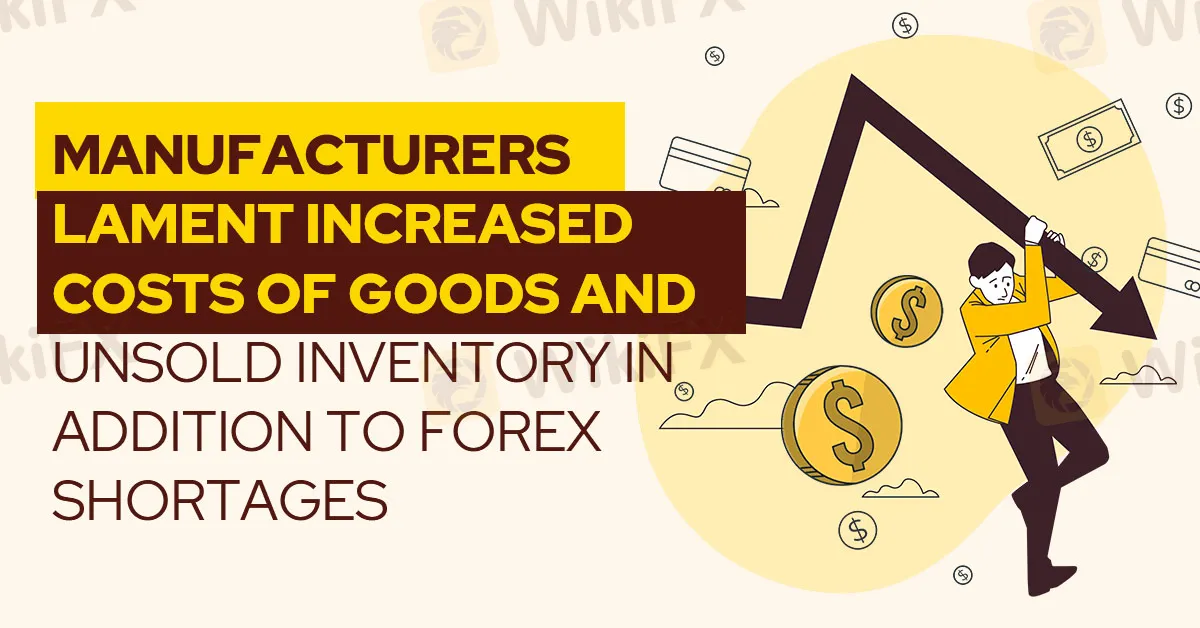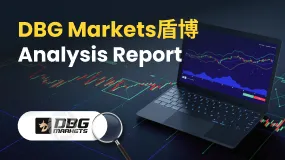Abstract:Local firms have voiced concerns about cost increases given that prices have continued to rise as a result of supply chain difficulties brought on by shortages and rising foreign exchange rates (forex).

Local firms have voiced concerns about cost increases given that prices have continued to rise as a result of supply chain difficulties brought on by shortages and rising foreign exchange rates (forex).
According to the Manufacturers Association of Nigeria's (MAN) Executive Summary of Bi-Annual Economic Review published for the second half of 2022, the growing expenses have therefore caused a 51 percent increase in finished goods that have not been sold.
According to a recent statement from MAN, the exorbitant premium that still exists between the official and parallel exchange rates has further slowed manufacturing operations despite the recent reform to unify all FX windows.
The operators have asked the CBN to establish an exchange rate trading range for them in order to slow the rise in manufacturing costs that have been exacerbated by the lack of liquidity in the foreign exchange (FX) market, which has decreased industrial production.
Given that the nation is heavily dependent on the import of raw materials, the Naira's depreciation and the lack of available foreign exchange for purchases are adversely impacting the price of imported raw materials and driving up production costs.
Additionally, high energy and logistical costs, among other things, have contributed to production levels, capacity utilization, and employment losses, among other things.
Frank Onyebu, the immediate past chairman of MAN's Apapa branch, spoke, claiming that the fast rising cost of foreign exchange is seriously harming Nigeria's manufacturing industry.
According to Onyebu, the industry is experiencing an existential crisis as a result of the uncertainty brought on by these escalating expenses. This industry is already plagued by infrastructure problems and other problems.
Effective planning is virtually hard for manufacturers, who are compelled to modify their plans frequently and rely mostly on short-term solutions.
The cost of production has increased as a result of these rising costs generally. Unfortunately, the weak state of the economy makes it impossible to raise the pricing of their products in a way that is reasonable. As a result, producers are left with a big inventory of finished goods that they are unable to sell. The bottom line is certainly affected, he said.
He bemoaned the sharp rise in the stock of unsold completed goods and mentioned how the economy was harming consumers' purchasing ability.
The fact that many manufacturers are failing and others are moving to nations with less instability is therefore not surprising.
He urged the government to “respond with appropriate measures to resolve the FX market crisis as soon as possible.” This will help the manufacturing industry grow and promote consumer confidence in the economy as a whole.
Part of the additional cost of gasoline, transportation, and moving raw materials from one location to another, according to Mr. Imokhai Ehimigbai, Export Manager at Aarti Steel Ltd. and a member of the MAN Export Group (MANEG), is transferred to the consumer because no manufacturer would want to operate at a loss.
Raw resources are expensive. Today, we look for foreign exchange to import cold roll, a raw material that Nigeria is able to produce. But because Itakpe and Ajaokuta Steel aren't operating, we must import hot roll. Nigerian manufacturing are impacted by this.
He lamented the fact that some industries were already leaving the nation while others were closing.
With the current dollar exchange rate, importing raw materials is ludicrous. In the end, the price is exorbitant and because Nigerians' purchasing power has been impacted, no one will buy; as a result, the warehouses are full.
Companies are laying off employees.
The MAN president has already started yelling about the unavoidable job losses.
We pay for gas in dollars; although you pay in naira, electricity is dollarized and charged in dollars.
Because there are not enough raw materials available, many industries cannot produce at 30% of their potential.
He claims that manufacturers have had a very difficult time lately. In order to mitigate this in our situation, we have significantly decreased our production capacity.
In the exchange market, the naira has no value. Even cross-border commerce is impacted.
Everything in Nigeria is dollarized because it is not a producing country. The value chain is affected by the high dollar rate, which is taken into account during production and results in high prices for goods and services. And because they are unable to purchase, consumers.
The MANEG member emphasized the need for manufacturers to have their own window to import raw materials.
Additionally, he suggested that the government investigate the solid minerals sector.
Nigeria would recover in three to four years if this is done. As it is now, oil will soon run out for us.
Apart from oil, we are fortunate to have other material resources.
He urged the CBN to address the issue of Bureau of Change speculating, as this behavior is a contributing factor to the rising exchange rate.










